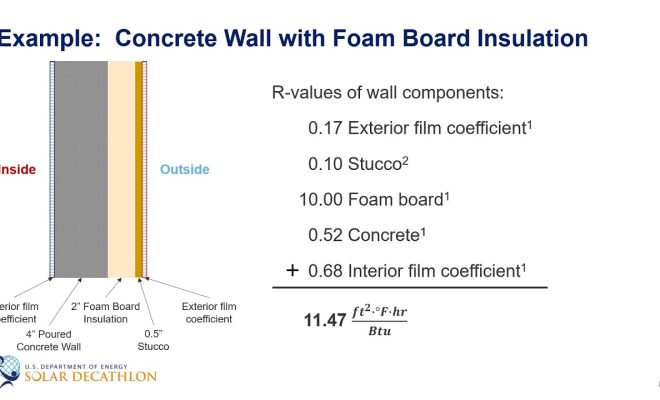How is Alimony Calculated in Florida

Introduction
Alimony, also known as spousal support, is a financial payment made by one spouse to another upon divorce or separation. This payment aims to ensure that the supported spouse maintains the same standard of living they enjoyed during the marriage. In Florida, alimony calculations are based on several factors set forth in statutes. This article will outline how alimony is calculated in Florida and provide insight into the process.
Factors Considered in Alimony Calculation
In Florida, courts consider various factors when determining the amount and duration of alimony payments. Some of these factors include:
1. Length of marriage: Longer marriages usually warrant higher amounts and longer durations of alimony payments. For instance, a marriage lasting less than 7 years is considered short-term, between 7 and 17 years moderate-term, and more than 17 years long-term.
2. Standard of living during the marriage: The court will assess whether the receiving spouse can maintain their pre-divorce standard of living without financial assistance. If they cannot, alimony may be awarded to help bridge that gap.
3. Age and physical/emotional health: The age, overall health, and emotional wellbeing of both parties are taken into account when determining support payments.
4. Financial resources: The court will evaluate each spouse’s financial resources, including income from all sources, assets, and liabilities.
5. Earning capacity: Each spouse’s earning potential will be considered based on education level, job skills, work history, and other relevant factors.
6. Contributions during the marriage: The judge will review how both spouses contributed to the relationship, including financial contributions and homemaking responsibilities.
7. Custody arrangements: If a spouse has primary custody of the children from their marriage, this may result in higher alimony awards since they have greater responsibility for childrearing.
Types of Alimony in Florida
There are different types of alimony in Florida, depending on the specific needs and circumstances of each case. These types are:
1. Temporary alimony: Awarded during divorce proceedings to provide financial stability until a final decision is made.
2. Bridge-the-gap alimony: Short-term alimony designed to help the receiving spouse with immediate expenses as they transition to single life.
3. Rehabilitative alimony: Aimed at helping the supported spouse regain self-sufficiency through education or job training.
4. Durational alimony: Awarded for a specified duration to provide financial assistance for a specific period.
5. Permanent alimony: Long-term support awarded to spouses financially unable to be self-sufficient and maintain their standard of living experienced during the marriage.
Conclusion
Alimony calculations in Florida are based on various factors, including the length of marriage, standard of living, financial resources, and other specific items. Understanding these factors can help both parties anticipate potential outcomes and navigate the complex process of divorce. It’s essential to consult with an experienced family law attorney who can help guide you through this process and ensure your interests are represented.






